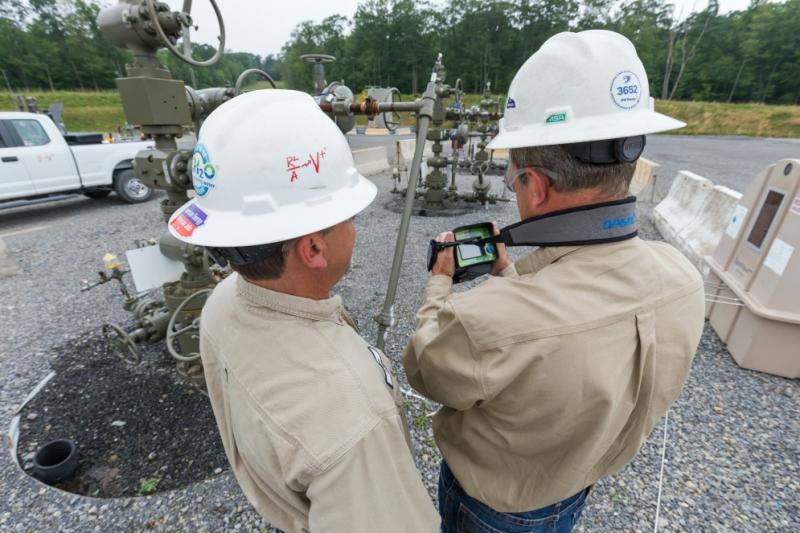Peddling falsehoods for profit is like selling fake gold to a jeweler – it may be shiny and look like it’s real, but the truth eventually comes out and reveals it’s nothing more than fool’s gold.
That’s exactly what played out at the Pennsylvania capitol building recently, where longtime activist blogger Justin Nobel – and the deep-pocketed anti-industry foundations that fund his work – manufactured a media event with local activists and political opportunists at the Pennsylvania Capitol to promote his book tour alleging “big oil’s dangerous radioactive secret.”
In this latest effort to keep an old false narrative alive, Nobel, who has a long history of inflammatory, biased reporting on the American energy industry (see here, here and here), cozies up to an ex-convict to give his book an added dose of drama.
However, the attention-seeking tactics and related commentary from a “reformed fracker” are nothing more than the usual fear mongering designed to prevent Americans from realizing the many benefits that our abundant and responsibly developed natural gas provides.
For one, claiming industry activity is creating a “radiological disaster” is sensationalism at best. All organic materials carry some level of radioactivity, and “radiation has always been all around us as a part of our natural environment,” as the Nuclear Regulatory Commission’s website indicates.
While naturally occurring radioactive materials (NORM) exist in everything from rocks to bananas, it is considered TENORM (technologically enhanced NORM) when human activity brings such natural materials to our environment. While radioactivity is present – as it is everywhere – during natural gas operations, “there is little potential for harm to workers or the public from radiation exposure due to oil and gas development,” the Pennsylvania Department of Environmental Protection has found.
As Nobel and his partners make their media blitz across the Commonwealth in an effort to attract funders, sell books, and make money, here are key points to underscore about responsible waste management and the natural gas industry:
- It’s heavily regulated.
In addition to the 43 laws, 28 permit authorization packages and numerous technical guidance documents regulating unconventional natural gas development in Pennsylvania, operators are also held to strict waste management, transport, storage and disposal standards under the U.S. Environmental Protection Agency (EPA), Pipeline and Hazardous Materials Safety Administration (PHMSA), as well as state entities including the Pennsylvania Department of Environmental Protection (PA DEP).
Additionally, waste segregation and containment is standard practice and critical to ensuring proper storage. Waste storage facilities are designed to prevent leakage or unwanted releases and are heavily regulated to shield and protect the environment from radiation contamination.
Finally, under Pennsylvania law all waste – including natural gas waste – is characterized before it is processed, transported and disposed of. Pennsylvania requires rigorous standards to be met, including radioactive screening of every single waste truck that enters a landfill, to ensure that no waste exceeds acceptable parameters.
- PA is the gold-standard for waste management and handling practices.
The natural gas industry has long implemented NORM and TENORM management and strict safety measures to protect workers, residents and the environment. Through compliance with federal and state regulations coupled with industry-implemented best practices, our member companies work to mitigate risks associated with waste materials.
The industry also increasingly employs advanced technologies to enhance waste management practices. The development of efficient treatment methods for various waste streams helps minimize environmental impact and reduces waste volumes that require advanced disposal. These may include encapsulation, stabilization, and vitrification techniques to immobilize radioactive materials.
- Intense risk mitigation and safety programs maintain community well-being.
Responsible waste management practices in Pennsylvania’s natural gas industry prioritize safety procedures and risk mitigation assessments. By employing the above-mentioned protocols and advanced technologies, the industry ensures that waste management processes minimize potential risks to the environment and public health. Through proactive risk assessment and mitigation measures, including material sampling, radiation monitoring of truck loads and landfills accepting waste, the industry is laser-focused on safeguarding both workers and surrounding communities from any potential risks.
Read MSC’s Fact Sheet on NORM and TENORM to learn more.





